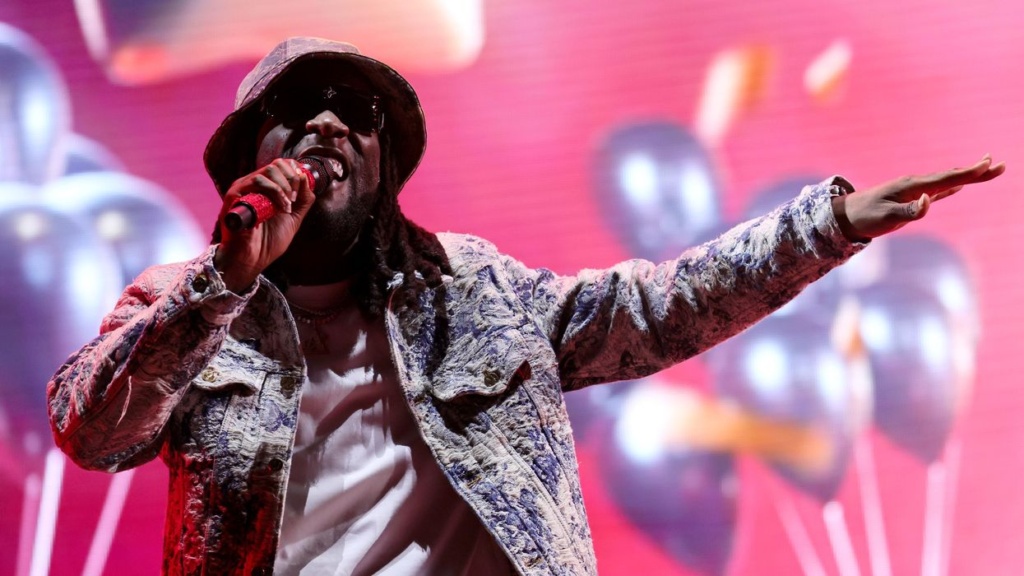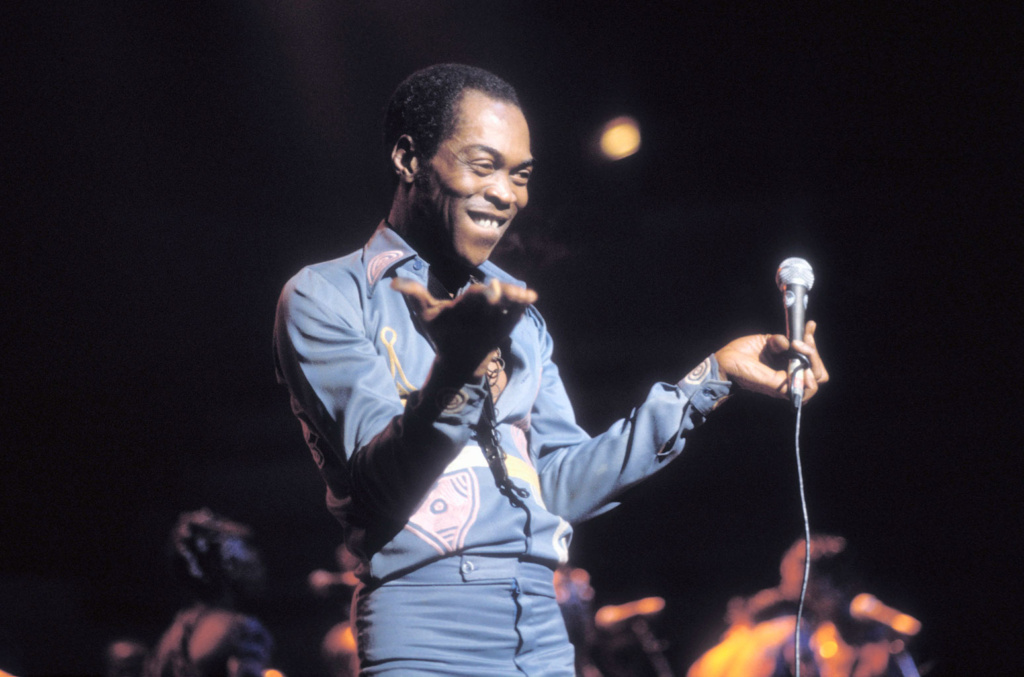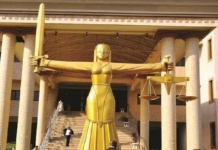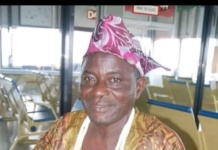
By Olakunle Agboola – ‘All people of African descent whether they live in North or South America, the Caribbean, or in any part of the world are Africans and belong to the African nation’. This is one of the popular quotes of Kwame Nkrumah, Ghana’s first president and prime minister who led the fight against British colonialism to gain Ghana’s independence.
He became one of the founding fathers of the organization of African Unity and also a voice for Africans in the diaspora to identify themselves with the motherland.
Nkrumah dreamt of a self-sufficient and united continent and today, a similar enterprising spirit underpins the spread of Afrobeats from West Africa to the rest of the world, which is now connecting African descent to their origin. Music and dance have been an integral part of African culture that provide a valuable way to communicate and pass messages. Music is more than an art form as it is used to pass on knowledge about culture and religious belief.
African songs became very popular during the slave trade most especially as a superpower instrument to resonate with the mind and shift the atmosphere of death. From the dangerous middle passage of hope to the inhumane treatment on the plantation, African songs served important purposes of prayer and worship. Also is the importance of keeping the vigil of faith to fight the trauma of chattel slavery.
According to Wikipedia, Yoruba is the most commonly spoken language outside Nigeria and Africa. The Yoruba language, which includes Osun, Oyo, Ogun, Lagos, Ekiti, Kwara and Ondo is the language spoken predominantly by the people from southwest Nigeria. The Yoruba tribe has been able to enter far and wide places around the world due to the slave trade and other causes, expanding its origin in various parts of the world.
This is believed to be one of the reasons for the popularity of Afrobeats, which originated from the great Fela Kuti, a Yoruba who combined aspects of jazz, soul and Ghanaian highlife with the polyrhythmic drumming of the Yoruba, Ewe and Ga tribes. This becomes easy for countries abroad in which the language of Yoruba is spoken in their language to connect with the sound of Afrobeat with ‘s’ which is a hybrid of Afrobeat, a new generational sound with an element of Afro-pop, Jamaican Dancehall and Afroswing.
Afrobeats from Africa are in the mainstream having African big stars filling stadiums and infiltrating airwaves across Europe and the US. Its global popularity has been marked by Grammy wins, viral dance videos and sold-out arena tours. In recent times the likes of Burna Boy, Wizkid, Davido, Tiwa Savage, Yemi Alade, Rema Ashake, and Temi, have sold out concerts abroad. Afrobeats has been embraced by some of the world’s biggest pop stars of African descent such as Beyonce in her Grammy-nominated soundtrack album, The Lion King. Chris Brown, Drake, and Brandy to mention a few are all creating African sounds and pervading the Afrobeats genre.
Afrobeats in recent times has continued to create a big market for the Tourism industry in Nigeria, Ghana and other parts of Africa. Africa Tourism in decades has recorded phenomenal growth and one of the major reasons is the popularity of Afrobeats which has put the African continent on a global spot. The curiosity to know more about Africa through Afrobeats is the reason why foreigners are trooping into Africa. Also the influx of black Britons, and Americans coming to Africa in their hundreds to identify with their roots as some have relocated to Ghana, Namibia, Kenya, South Africa and Nigeria.
In the words of Afrobeats star CKay, ‘Afrobeats is the new pop. It’s the next, sound that consumers and major labels are looking for. Many Africans have continued to bask in the hope to see the success of Afrobeats as it rubs on African politics. This is believed that in decades to come the world will be looking for the template of African politics to spoof. Also to be discussed on a global stage as Africa will soar beyond imagination.
The vision of late President Nkrumah to see a united Africa is alive in Afrobeats, but it will take the sixth sense and intuitions of African politicians to connect the dots, and jump on the potential of Afrobeats, to create a new Africa that all Africans both at home and abroad can be proud of.
Kindly follow us on twitter:@AfricanVoice2










